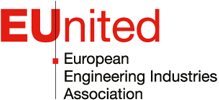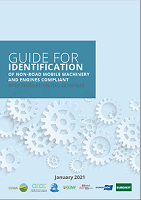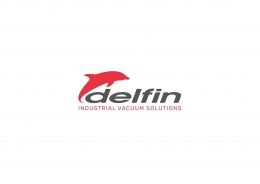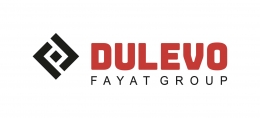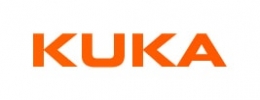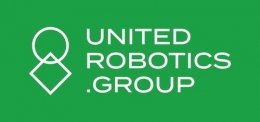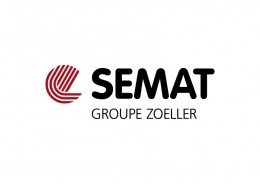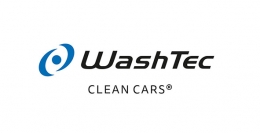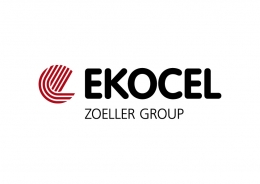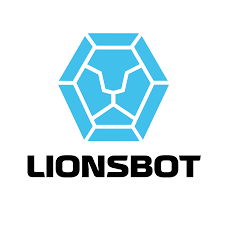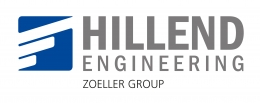
June 2018
European robotics industry welcomes Commission's position on AI
The European robotics industry welcomes the efforts of the European Commission to provide a solid European approach to reap the benefits of artificial intelligence (AI).
A massive European effort in boosting AI technologies, skills and applications is essential to catching up with the adoption of this promising technology. Excellence in AI is a prerequisite for maintaining the global competitiveness of European companies. “We need to follow a coordinated, coherent approach across Europe, joining forces with the member states to win the future, especially vis-à-vis the United States and China as emerging AI superpowers”, states Walter Zulauf, Chairman of EUnited Robotics.
Boosting the EU's technological and industrial capacity and AI uptake across economy
While Europe is already strong in basic research on AI, the main challenge to fully reaping the benefits for companies and society alike lies in applying the results of this research in manufacturing processes and products we use. It is thus very important to not predominantly direct research funding to purely academic research, but to specifically encourage more applied research that leads to the uptake of AI by industry, especially in small- and medium-sized enterprises. We welcome the approach of the European Commission to enhance the uptake of AI. Proposed measures such as creating a toolbox for potential users, an AI-on-demand platform and dedicated services for SMEs through the network of AI-focused digital innovation hubs are necessary and relevant.
One of the main competitive disadvantages of European companies is the difficulty to raise investments especially compared to the US and China. EUnited Robotics thus highly welcomes the initiative of the EC to mobilise the share of private investments, using the European Fund for Strategic Investments as a supportive tool. Access to venture capital is extremely challenging for European start-ups. There are many examples of a brain- and innovation drain from European companies to the US because of a lack of funding opportunities. In line with this, the recently proposed Pan-European Venture Capital Funds-of-funds programme VentureEU is a step in the right direction.
Prepare for socio-economic changes
Artificial intelligence will have a huge impact on our society, and will transform the labour market. Automation and AI have the potential to free workers from strenuous tasks and support our ageing society. While it is quite clear that new jobs will emerge, and others will dramatically change, the exact nature of this change is hard to predict at the moment. It is important for our society to proactively react to this change, and step up efforts in education and training.
European school education systems must provide the next generation with the skills needed by the companies (STEM, digital and fusion skills). Lifelong learning needs to be complemented with support schemes for retraining workers needing to adapt to new technologies and changing tasks. To cope with the challenges of digitization, higher education must be able to train the specialized workforce necessary to ensure the competitiveness of the European economy.
Ensure an appropriate ethical and legal framework
Europe has already a well-established regulatory framework with a strong focus on safety and security of systems placed on the market that makes manufacturers responsible for any damages suffered as a result of using their products. On the one hand this ensures consumers' trust in products developed in Europe and on the other hand provides legal certainty to companies developing and using those systems, in order not to hamper innovation and investments in new technologies. EUnited Robotics welcomes the Commission’s approach to strike a good balance between tackling the risks and seizing opportunities.
A successful deployment of AI technologies requires trust and social acceptance of consumers. This is supported by informing the public about risks as well as current limitations of the technology. Social acceptance currently is threatened by overstated promises what the technology can accomplish today. The European Commission can help by providing neutral, unbiased information about the state of the technology.
We welcome the Commission's initiative for a European AI Alliance and to develop coherent European AI ethics guidelines to safeguard European values, like dignity, privacy and consumer protection.
Industrious Brussels EU District, Avenue des Arts 6-9, 1210 Brussels, Belgium, +32 490 57 57 65
Transparency Register number: 0289344948-82
